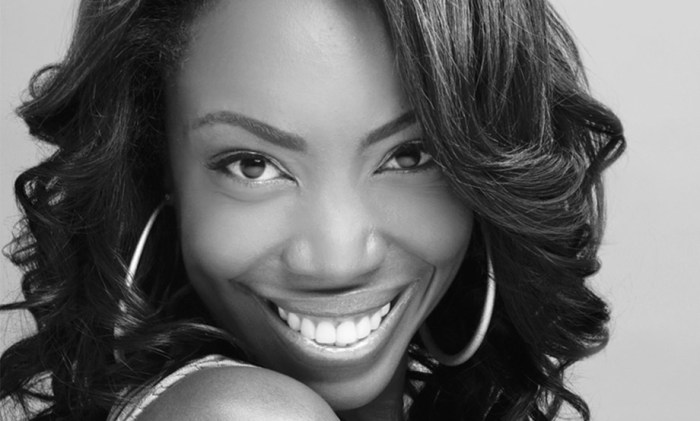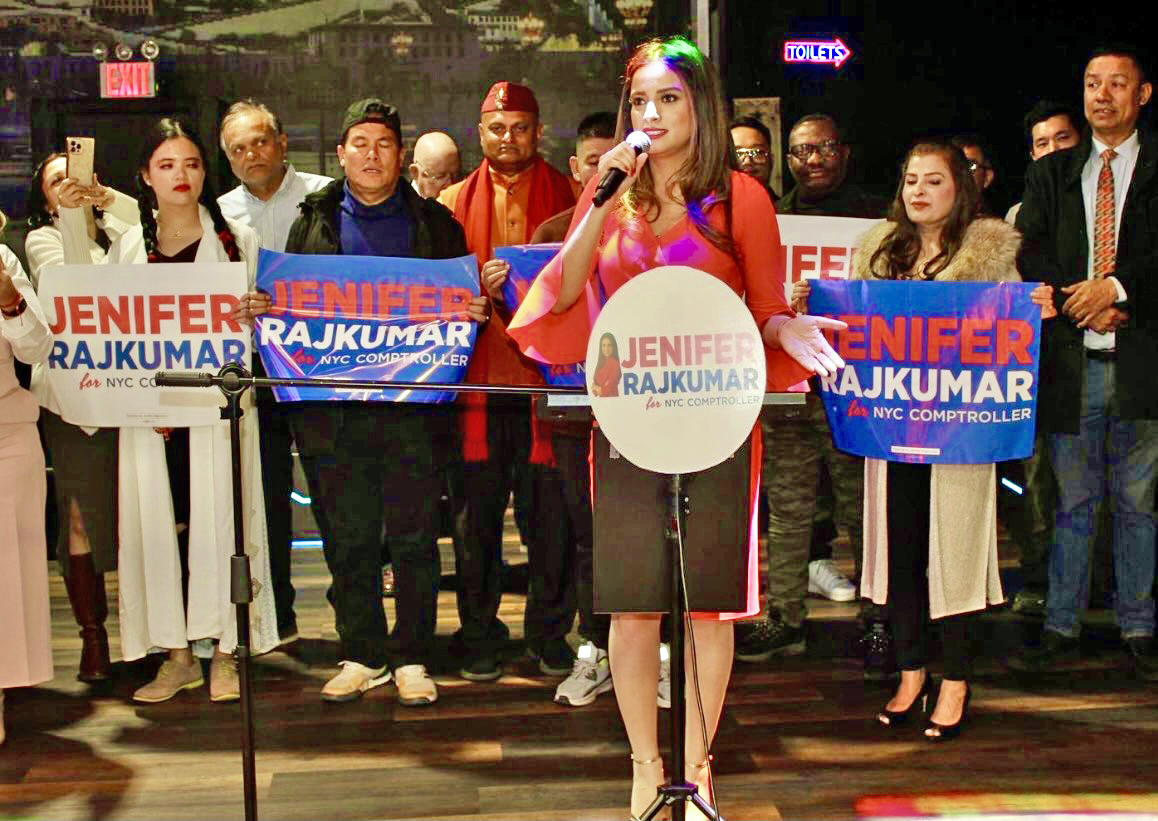When I first served in Congress, in the 1960s and 1970s, I would often sit on the floor of the House and listen carefully to members from both sides. I was trying to figure out the differences between the liberals and the conservatives, and to perceive how those differences could be narrowed or bridged. They broke over how to answer the overriding question of American government — the proper role of government — with liberals seeing an expansive role and conservatives a limited one. At the time, there was plenty of gray area where the two could find common ground.
In recent years, the attitudes of liberals and conservatives toward government’s role have become more complex. In general, conservatives want just a small role when it comes to taxes, the economy, and social welfare. But they are more supportive of an expansive national-security apparatus and Department of Defense. And they advocate government taking an active role in regulating such social issues as abortion and gay marriage. They generally like Edmund Burke’s definition of a statesman as a person with “a disposition to preserve and an ability to improve.”
Liberals generally accept the flip side: They’d prefer a person with the disposition to improve and an ability to preserve. They are more open to an expansive role for government on social welfare policy, job creation, and such interventions in the economy as regulation of antitrust, labor, consumer and environmental matters. They tend to look to government to help curb economic and financial power. They’re more mixed on national security issues; some are doves, others hawks. And on such matters as abortion and gay marriage, they generally want government to give Americans a free hand.
To some extent, these are caricatures, of course. Individual politicians rarely fit into neatly defined categories. And the truth is, trying to reach agreement on complex issues forces both sides to temper the purity of their visions. Many conservatives may want to contract the reach of social-welfare policy, but they’re leery of threatening the existence of such programs as Social Security and Medicare. Similarly, while they espouse relying on market forces to solve most of our problems, they accept affecting the economy through changes in the tax code and believe government should direct some matters of social policy.
Likewise, most liberals are now open to leaving more responsibilities with the private sector. They want to see power and personal liberty diffused in a way that is compatible with a market economy — but still reliant on the government to help provide a secure old age, health and education.
The result of this tension is our mixed economy — neither entirely free-market nor controlled by the state — and our pendulum-swing politics.
My experience is that apart from the ideologically committed, most Americans don’t worry a lot about whether a given policy is “liberal” or “conservative.” They worry about whether or not it works. And so as any given issue gets debated, the ideologues take stands that hew to their beliefs and only reluctantly yield on their views, while most voters want to see things get resolved in a manner that responds to the needs of the country. Taken together, the results of these debates set the country’s direction and the speed at which it heads there.
When ideology trumps pragmatism, we find ourselves incapable of moving. Yet these ideological battles are engrained in the dialogue of our democracy. The argument between a smaller and a greater role for government has been with us since the very beginning of our nation; in some ways it defines our political history.
Our challenge today, as it has always been, is to balance the passions of those who find themselves firmly on one side or the other against the common sense of the great mass of Americans, who are most concerned about making progress on the problems that beset them. As the common phrase has it, they want not big government or small government, but smart government. They want our political leaders to set ideological purity aside, and just get things done.
Lee Hamilton is Director of the Center on Congress at Indiana University. He was a member of the U.S. House of Representatives for 34 years.





















